Bandra-Worli Sea Link, Mumbai
Opened in 2009, the 5.6 km-long bridge is India’s answer to San
Francisco’s Golden Gate Bridge and the country’s longest bridge over
water.Race the winds as you drive under the stunning silver cone cables of the Bandra-Worli Sea Link and gaze at the stunning sunsets of Arabian Sea. Illuminated beautifully at night, the bridge sparkles on Mumbai’s skyline after sun down and is among the city’s most enthralling sights.
Howrah Bridge, Kolkata
One of the most famous landmarks of the City of Joy, the Howrah Bridge is a engineering wonder that carries more than 100,000 vehicles and over 150,000 pedestrians each day. Constructed on the waters of Bay of Bengal, the bridge was built without any nuts and bolts. The architectural marvel stands tall on 26,500 tons of steel riveted strongly to form a distinct shape.
Ram Jhula and Lakshman Jhula, Rishikesh
This bridges are only meant for pedestrian use and are a must-visit for visitors to Rishikesh. It is the most iconic structures in Rishikesh, Ram Jhula and Lakshman Jhula are two iron suspension bridges built on the Ganga River.
Living Root Bridge, Cherrapunji
Cherrapunji’s living root bridges are made by intertwining the aerial roots of banyan trees. They are hand-crafted by members of the Khasi tribe of Meghalya and used for crossing streams and gorges. Of these, the double-decker suspension bridge Jingkieng Nongriat in the Nongriat Village is popular among travellers too. Known to be extraordinarily strong, these bridges can uphold the weight of about 50 people at a time, and become even more durable over time.
Vembanad Bridge, Kochi
The longest rail bridge in India, the Vembanad Bridge overlooks Kerala’s stunning backwaters and connects Edappally and Vallarpadam in Kochi. Spanning over 4.6 km, it is earmarked only for trains carrying freight. Built of 11700 tonnes of reinforced steel and 58000 tonnes of cement, the bridge sees a daily traffic of 15 trains.
Yamuna Railway Bridge, Delhi
The old Yamuna Bridge or Bridge No. 249 in technical railway parlance, was constructed in 1866 by the East India Railway at a cost of £16,16,335. It was built with a total length of 2,640 feet and consisted of 12 spans of 202.5 feet each. With the completion of this bridge, two principal cities of North India, Kolkata and Delhi, were connected by the Railways In 1913, this was converted into a double line by adding down line girders of 12 spans of 202 feet each and 2 end spans of 42 feet to the bridge. For the movement of road traffic, two road bridges were provided below the lines
Pamban Bridge, Rameshwaram
Literally rising above the waters of the Indian Ocean, this 100-year-old rail and road bridge connects a a two–km-long stretch between Rameshwaram on Pamban Island and the Indian mainland. The engineering marvel not only offers spectacular views of the seascape and the islands around, but also periodically opens up to let the ships, cargo carriers, fishing vessels and oil tankers sail through it.
Kolia Bhomora Setu, Sonitpur
The plummeting waters of the Brahmaputra River are also home to the 3-km-long Kolia Bhomora Setu, which connects Sonitpur on the north bank with Nagaon District on the south bank. Drive over this engineering marvel during evenings, when the sky paints a colourful canvas of many hues and the link lights up beautifully.
Godavari Bridge, Rajahmundry
The second of the three bridges built on Godavari—the largest river of south India— the Godavari Bridge is a rail-cum-road bridge which runs 4.2 km long. Years of perfect planning led to the construction of this striking masterpiece. The road deck runs above the railway stretch, making the concrete link appear like a two-storey freeway.
Godavari Arch Bridge, Rajahmundry
One of the longest prestressed concrete arch bridges in Asia, the Godavari Arch Bridge is the third link built on the Godavari River. Standing tall on 28 piers, the 2.7-km-long stretch is shadowed by stunning parabolic arches, making it one of the most striking architectural specimens in the country.
Vidyasagar Setu, Kolkata
Running 3.6 km over the Hooghly River and linking the cities of Kolkata and Howrah, Vidyasagar Setu is the longest cable-stayed bridge in India and Asia. It comprises of nine traffic lanes that allow a total of 30,000 vehicles to traverse through it each day. It is one of the several bridges built on the Hooghly River and is often called the second Hooghly Bridge.
Nivedita Setu, Kolkata
Designed to withstand 48,000 vehicles each day, Nivedita Setu is a cable-stayed bridge built over Hooghly River in Kolkata. Stretching up to a kilometre, the bridge comprises of seven spans helping in the easy movement of traffic in the City of Joy.

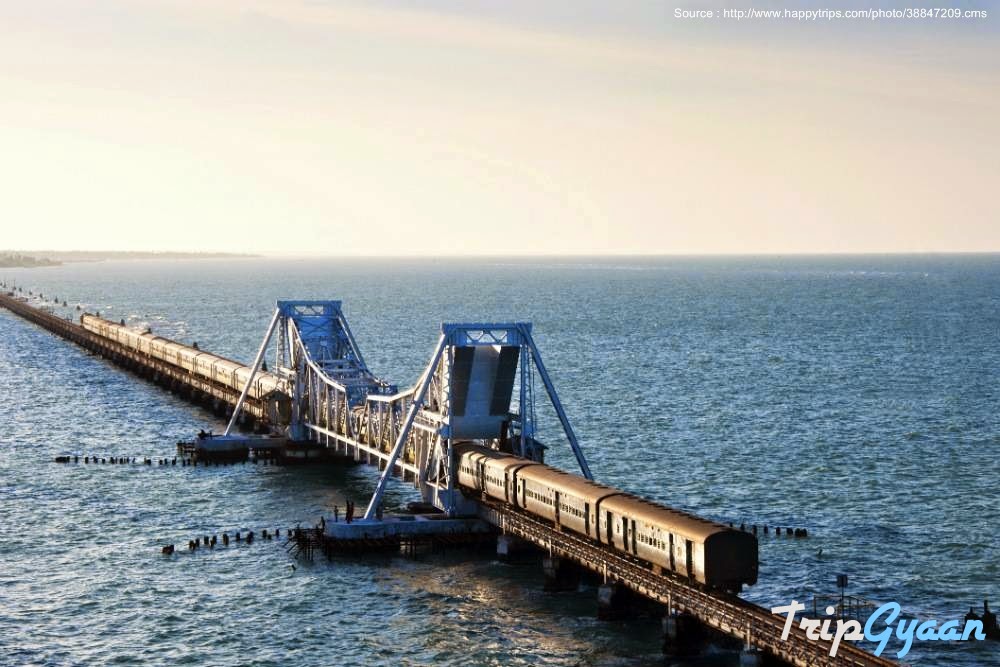
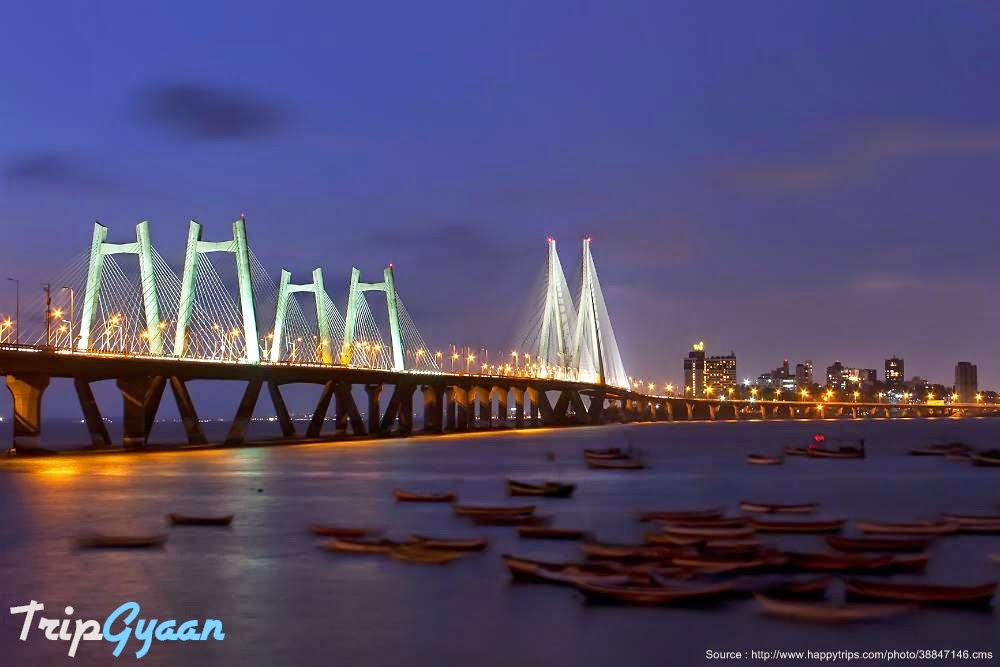
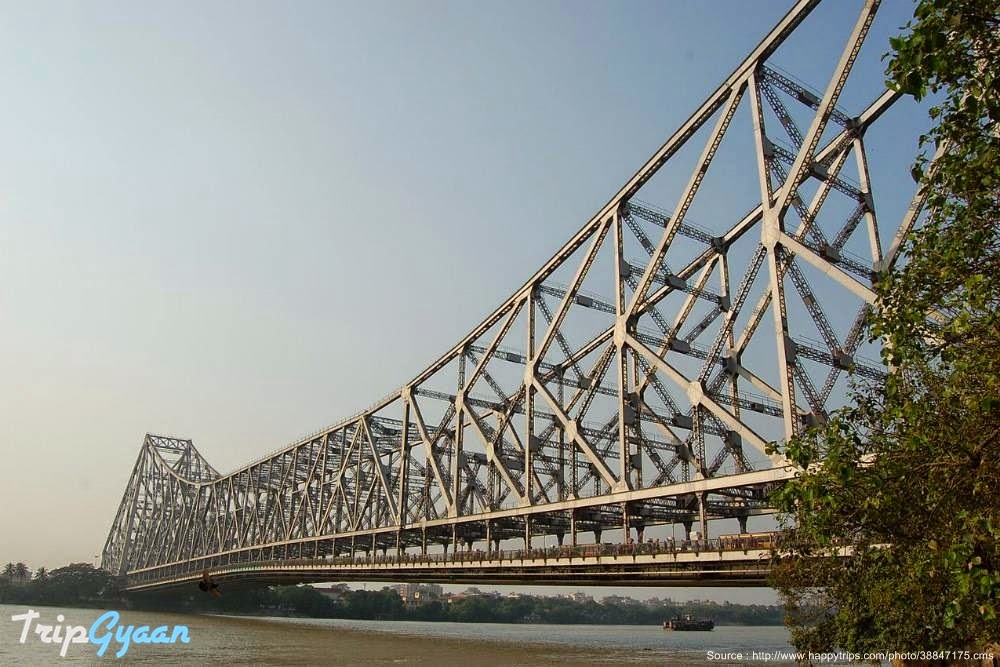



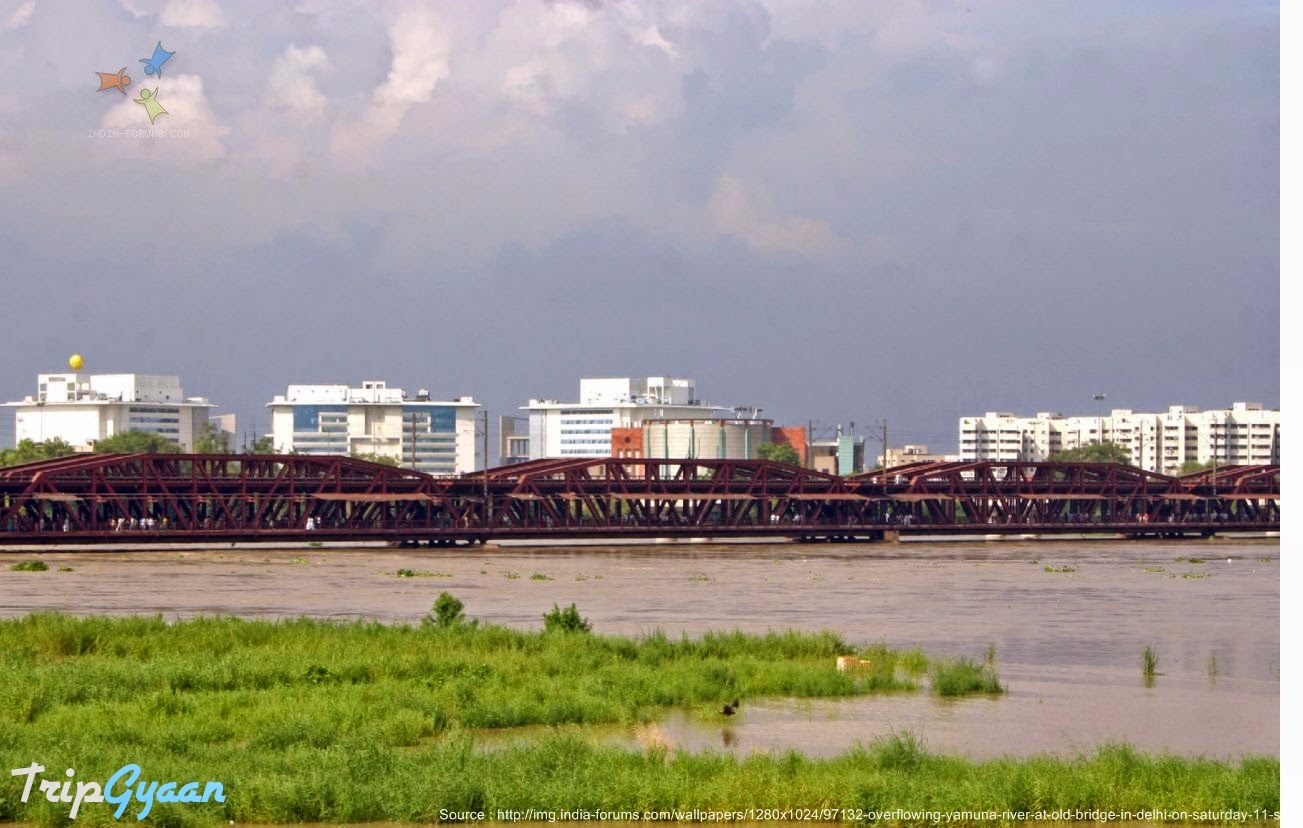
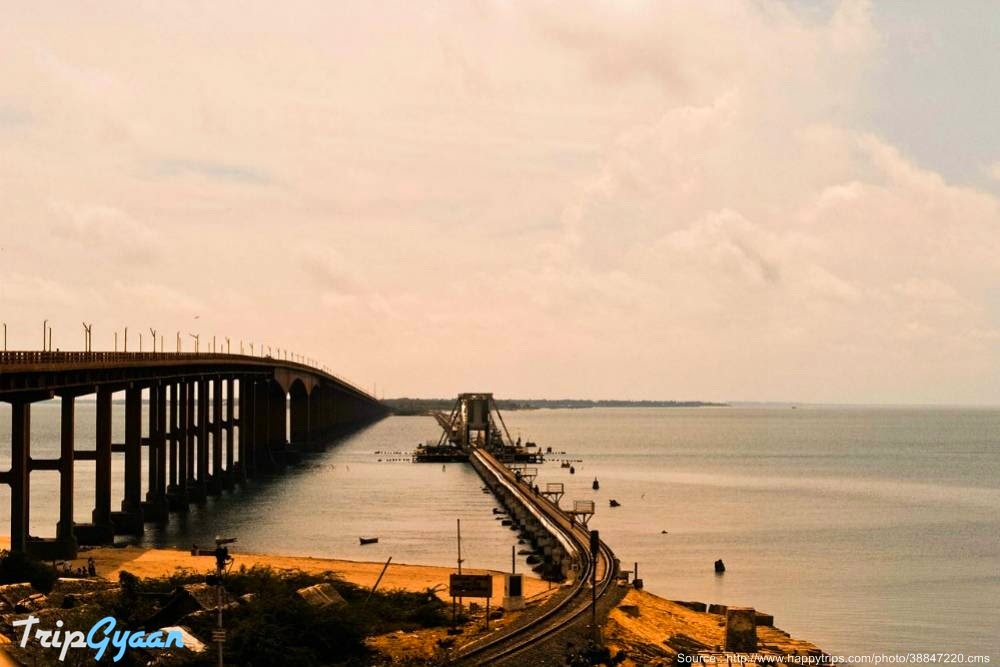

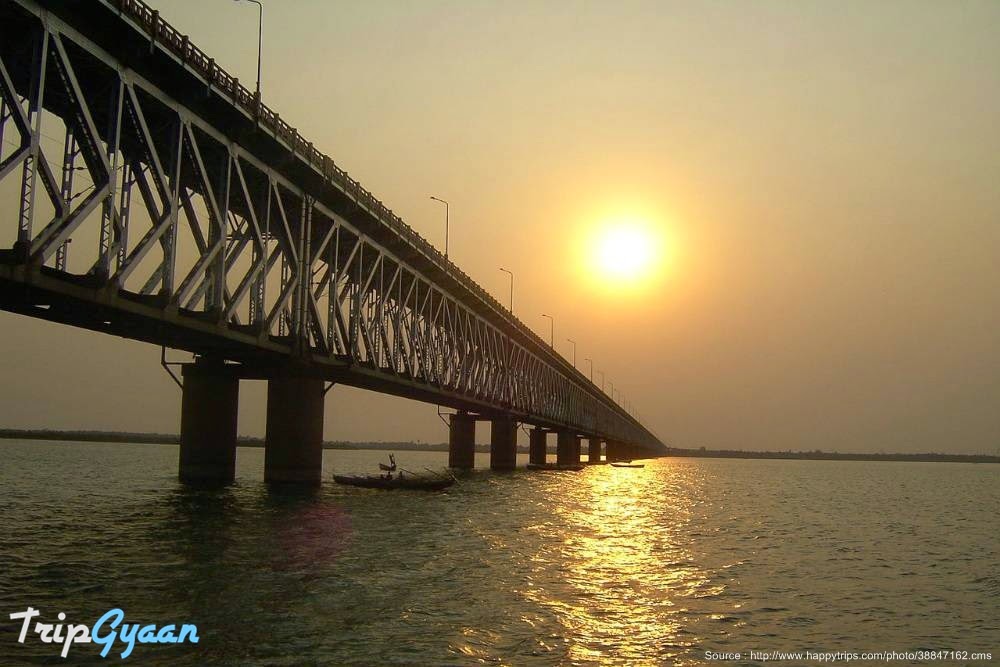

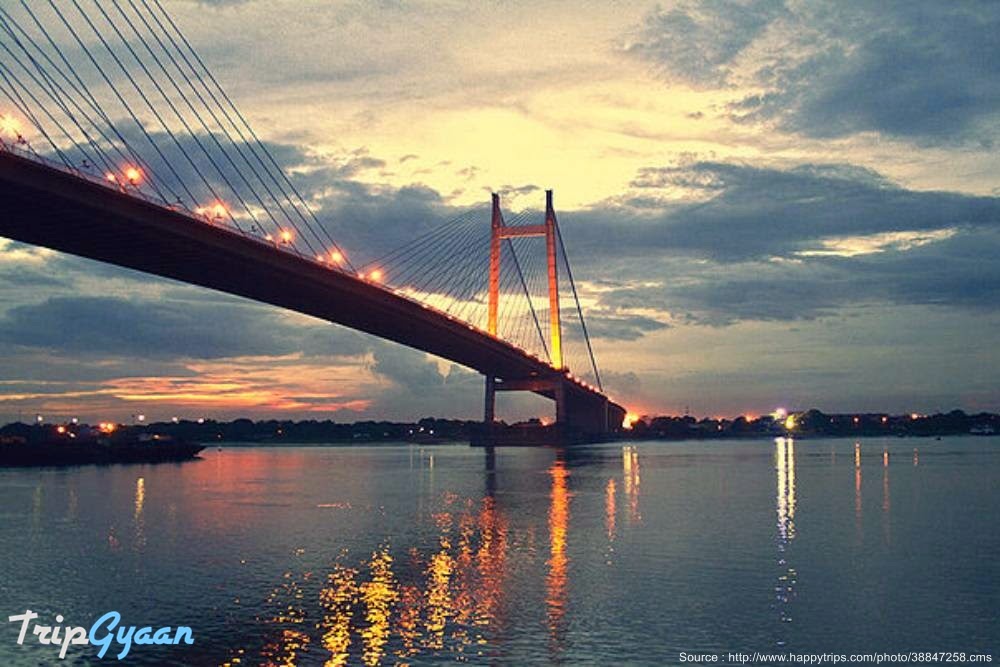
















0 comments:
Post a Comment